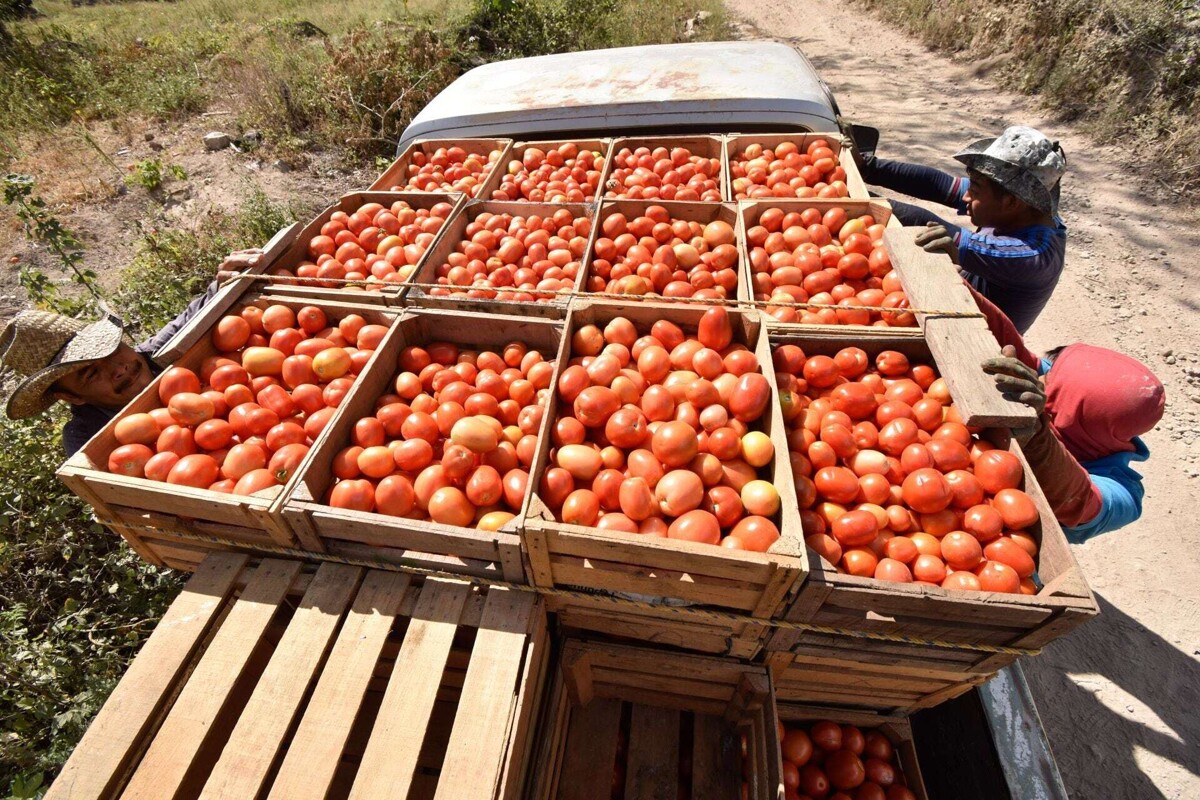
The U.S. government plans to impose a tax of nearly 21 percent on fresh Mexican tomatoes starting July 14, despite having paused tariffs on previously announced Mexican avocados. If this tariff takes effect, Mexico has hinted it could respond by imposing tariffs on U.S. imported chicken legs and pork. This trade dispute over tomatoes has a long history, with Mexico being 40-50% more competitive in production costs than the U.S.
Adrian Burciaga, co-owner of a Mexican restaurant in Texas, highlights the preference for Mexican tomatoes in his dishes, emphasizing the differences in flavor and quality compared to local products. Despite the potential price increase, he believes he has no choice but to absorb these additional costs in his business.
Tomato production in Mexico is more profitable due to factors such as climate and lower production costs than in states like Florida and California. However, the imposition of tariffs could significantly impact the industry in both countries.
Supporters of the tariff in the U.S. seek to protect the local industry and rebuild tomato production in their territory. Consumer prices are expected to increase by approximately 10.5% if the tax is applied, impacting both restaurants and consumers alike.
In this context, negotiations between both countries continue, and both nations are expected to seek an agreement that benefits both parties, considering the economic and trade impact of these decisions.














